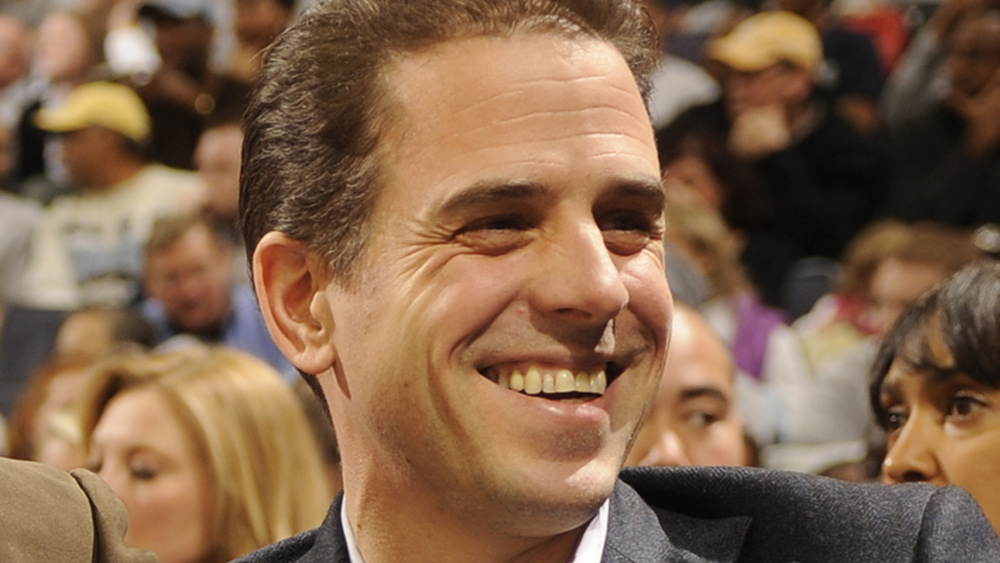
Advertisement
Earlier this month, protests erupted at St. Olaf College in Minnesota over a racist note that was found on a student’s car. “I am so glad that you are leaving soon,” the note read. “One less ni**er that this school has to deal with. You have spoken up too much. You will change nothing. Shut up or I will shut you up.” The message caused a campus-wide uproar, leading to an investigation by local police and days of demonstrations with students chanting “this ends now.”
This would all be well and good had the note’s author and the note’s victim not been the same person.
As later discovered by school president David Anderson, the student responsible for the note was St. Olaf senior Samantha Wells, who also happens to be black. On April 29, Wells wrote the note and placed it on the windshield of her car before posting pictures of it all over social media. According to the Minneapolis Star Tribune, Wells spoke at a campus rally earlier this month and used the occasion to draw further attention to the fake note. Fighting through fake tears and exaggerated emotion, the St. Olaf senior told the entire school how unsafe and uncomfortable the note made her.
It wasn’t long, however, before the truth came out. “We’re confident that there is no ongoing threat from this incident to individuals or the community as a whole,” school President David Anderson said in a message to the entire student body. In a second email, Anderson added, “The reason I said in my earlier note that this was not a genuine threat is that we learned from the author’s confession that the note was fabricated. It was apparently a strategy to draw attention to concerns about the campus climate.”

Indeed, Samantha Wells later admitted that the note was a hoax on social media: “I will be saying it was a hoax. I don’t care. There is nothing more that I can do.”
The entire situation at St. Olaf College raises one key question – if racism really was as big of a problem on campus as Samantha Wells thought it was, why was it necessary to write a fake note and then publicize it as if it came from someone else? In other words, why would such a racist college require hoaxes and conspiracies to let students and faculty know it’s a racist college?
Staged hate crimes in America seem to be becoming a pattern. For some reason, more and more people are buying into the idea that the best way to get their message across is to purposefully deceive others and spread false information. At Beloit College in Wisconsin, 20-year-old Michael Kee admitted to writing anti-Muslim messages on a residence hall door in a desperate attempt for attention. In a similar story, 26-year-old Nathan Stang of Bloomington, Indiana admitted to vandalizing a local church with the words “heil Trump” in an effort to rally others against the President of the United States. Stang said that following the election in November, he was left feeling afraid for his future.
What people like Samantha Wells, Michael Kee and Nathan Stang don’t understand is that by lying and spreading false information, they are actually making themselves and their message less credible. Furthermore, the continued use of fake hate crimes as a means of drawing attention to a particular message can diminish the public’s response when real hate crimes occur. There is no denying the fact that bigotry and racism exist in our country (as it does in every other society on earth), but using false information and artificially generated fear is not the way to go about drawing attention to it.
Sources:
Submit a correction >>
This article may contain statements that reflect the opinion of the author
Advertisement
Advertisements















